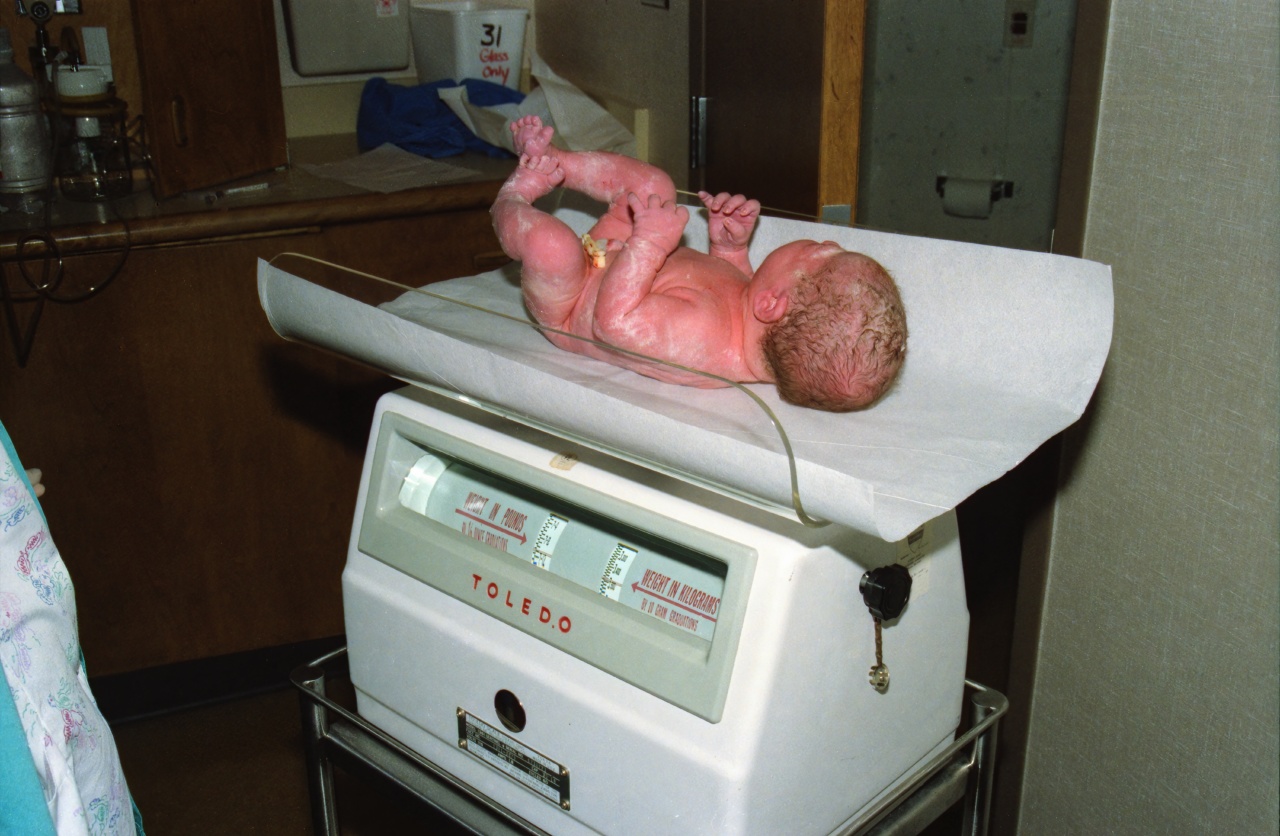As a parent, it’s important to ensure that your baby is growing and developing at a healthy rate. One way to track this is by monitoring your baby’s weight.
But what is the ideal weight for a baby? In this article, we will explore the average weight of babies, factors that can affect weight, and how to ensure your baby is growing at a healthy rate.
Average Weight of Babies
The average weight of a baby at birth is typically between 5.5 and 10 pounds. However, this can vary based on a range of factors such as genetics, gestational age, and maternal health conditions.
In the first few weeks of life, a newborn will typically lose some weight before gradually gaining it back.
By one month of age, the average weight for a baby is around 9.2 pounds for boys and 8.6 pounds for girls. By three months, the average weight increases to around 13.4 pounds for boys and 12.4 pounds for girls.
It’s important to note that these are just averages, and it’s common for babies to vary in weight. A baby’s growth rate should be monitored over several weeks rather than just focusing on their weight at a single point in time.
Factors That Affect a Baby’s Weight
Several factors can affect a baby’s weight, including:.
- Genetics
- Maternal health conditions such as gestational diabetes
- Premature birth or low birth weight
- Feeding frequency and type
- Illness or infection
If you have concerns about your baby’s weight, it’s important to speak with your pediatrician who can evaluate and provide guidance on next steps.
How to Ensure a Baby is Growing at a Healthy Rate
There are several ways parents can ensure their baby is growing and developing at a healthy rate:.
- Regular check-ups with a pediatrician
- Frequent feedings (breast milk or formula) on demand
- Monitoring diaper output
- Observing overall growth patterns, such as length and head circumference
- Providing age-appropriate stimulation and activities to encourage development
By actively monitoring and engaging with your baby’s growth and development, you can help ensure they are on a healthy trajectory.
When to Be Concerned
While it’s common for babies to vary in weight, there are certain instances where it’s important to speak with a pediatrician. These include:.
- Consistent weight loss or little to no weight gain over several weeks
- Failure to meet developmental milestones
- Decreased appetite or feeding issues
- Increased irritability or lethargy
If you notice any of these symptoms, it’s important to speak with a medical professional who can evaluate and provide guidance.
Conclusion
While there is no one specific “ideal” weight for a baby, it’s important to monitor and ensure that your baby is growing and developing at a healthy rate.
This can be achieved through regular check-ups with a pediatrician, monitoring growth patterns, and providing age-appropriate stimulation and activities. As a parent, it’s important to trust your instincts and seek guidance when needed to ensure your baby is happy and healthy.






























